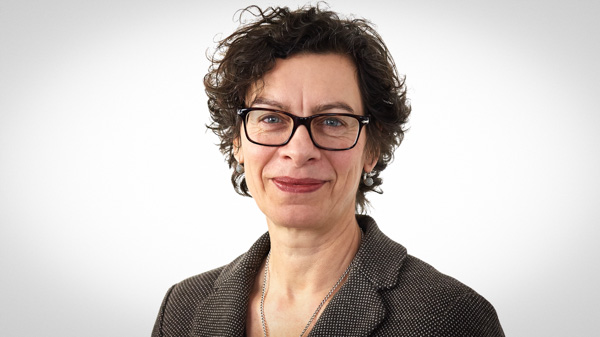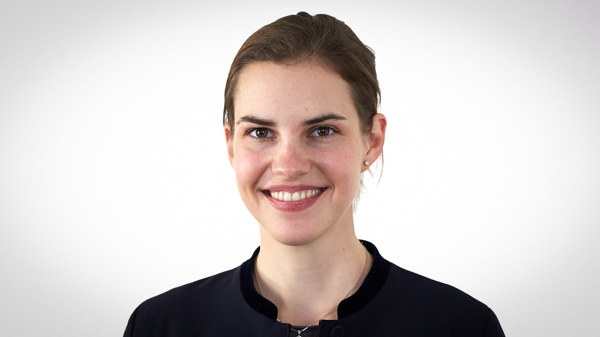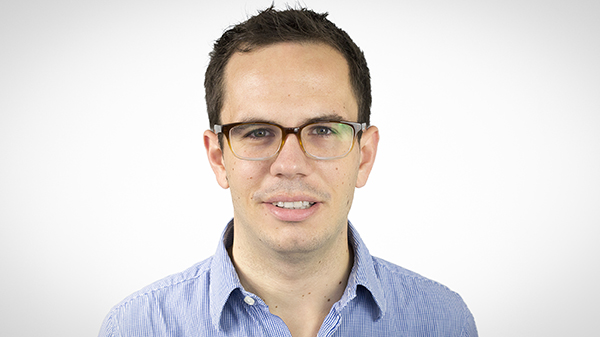Making sense of our connected world

Wrapping up NETmundial
Nothing less than the future of the Internet has been discussed at the NETmundial conference in Sao Paulo, Brasil. The Humboldt Institute for Internet and Society participated with its research directors Jeanette Hofmann and Wolfgang Schulz and the coordinator of the Network of Centers, Mayte Peters. This blog post aims to give an insight into the days of talks, discussions and negotiations.
Comments from the NETmundial
 Jeanette Hofmann
Jeanette Hofmann
HIIG Research Director,
Co-Chair and Member of the Editorial Board at NETmundial
Die Abschlusserklärung der NETmundial Konferenz beginnt mit dem Hinweis, dass diese Tagung die erste ihrer Art gewesen ist: The NETmundial conference was the first of its kind. Tatsächlich ist es das erste Mal, dass sich Regierungen, Wirtschaft, Zivilgesellschaft auf internationaler Ebene im Einklang mit dem Multistakeholder-Prinzip versammeln es gelungen ist, sich auf ein gemeinsames Abschlussdokument zu einigen… read more (German only)

Mayte Peters
Coordinator of the Network of Centers
My name is Mayte Peters and I represent academia; I coordinate a global Network of Internet and society research Centers, a collaborative initiative of academic research institutions all over the world focusing on Internet and Society issues in the broadest sense and from a wide range of disciplines. This is not limited to, but includes Internet governance. As the coordinator of the Network of Centers, I would like to stress the relevance of section II-3 of the roadmap regarding the creation of information-sharing functions. Global Internet governance should be understood as a collaborative learning process that works, but that can be optimized over time. We would also like to stress the importance of reflecting academically, and from a diverse range of disciplinary standpoints, on the outcomes and implementation scenarios of what is discussed at NETmundial. We would like to underline the role of the academic community in this learning process, also referring to point 4 of the roadmap. In this context, we encourage Internet governance practitioners to collaborate more strongly with academia, and to refer to the academic expertise available in this field.
Against this backdrop, we offer the Network of Centers as an open space for global academic reflection through events and independent, but coordinated research efforts. Research institutions involved include the Berkman Center for Internet and Society at Harvard University, the Alexander von Humboldt Institute for Internet and Society in Berlin, the Institutes for Technology and Society at FGV Rio de Janeiro and at the State University in Rio de Janeiro, and many other institutions from over 20 countries.
We would like to extend an invitation to our academic colleagues gathered here and online who are not yet involved with the Network of Centers to join us in this collaborative effort.
Thank you.
What the web says
This post represents the view of the author and does not necessarily represent the view of the institute itself. For more information about the topics of these articles and associated research projects, please contact info@hiig.de.

You will receive our latest blog articles once a month in a newsletter.
Research issues in focus
Escaping the digitalisation backlog: data governance puts cities and municipalities in the digital fast lane
The Data Governance Guide empowers cities to develop data-driven services that serve citizens effectively.
Online echoes: the Tagesschau in Einfacher Sprache
How is the Tagesschau in Einfacher Sprache perceived? This analysis of Reddit comments reveals how the new simplified format news is discussed online.
Opportunities to combat loneliness: How care facilities are connecting neighborhoods
Can digital tools help combat loneliness in old age? Care facilities are rethinking their role as inclusive, connected places in the community.




